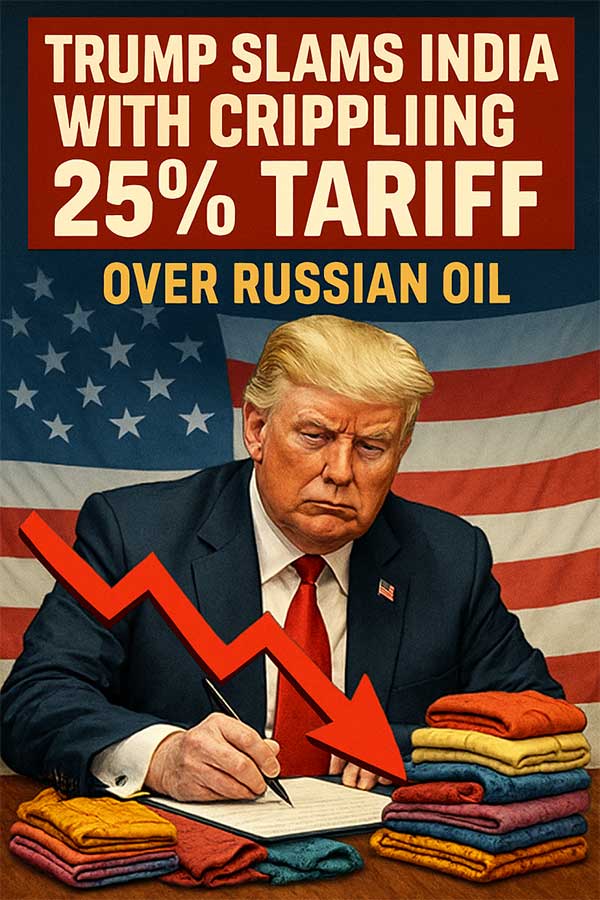Exports of clothing and footwear to the EU have been falling the enforcement of Brexit, says a recent study highlighting the impact of complex regulations and border red tape on businesses. Conducted by Retail Economics and online marketplace Tradebyte, the report reveals that exports of clothing and footwear to EU countries dropped from £7.4 billion in 2019 to £2.7 billion in 2023. This decline led to an 18 per cent overall decrease in sales of non-food goods exports to EU single market countries.
The report indicates, British brands and retailers have experiencing a significant drop in sales to the EU post-Brexit, despite the growth of the European e-commerce market. Particularly hit hard have been small and medium-sized businesses who have been bearing a larger burden from the increased red tape compared to multinational firms. Richard Lim, Head-Retail Economics and one of the report's authors, notes, some of this decline can be attributed to changes in trade routes. UK firms that previously repackaged Asian imports for sale in the EU have restructured their supply chains by establishing offices within the single market to circumvent border regulations.
The increased bureaucracy has also prompted many UK-based apparel manufacturers to relocate production to EU countries, adversely affecting UK jobs and skills. For instance, a long-standing sock manufacturer in Leicester has moved production to Italy, ending over a century of operations in the East Midlands.
The UK has also missed out on the surge in online goods sales in the EU since 2019. The report suggests, while the EU online retail market has added an estimated £323 billion in annual sales, Brexit-related trade complexities have hindered UK brands and retailers from capitalising on this opportunity. Lim describes this as a significant missed opportunity for UK brands.
The decline in trade value with the EU was partially mitigated by last year's inflation spike, which increased export goods' costs. Meanwhile, a separate report by the think tank ‘UK in a Changing Europe,’ highlights, while goods exports had declined, services exports had surged by nearly 30 per cent since February 2020. This growth has been driven by a boom in business services, making it the UK's largest export sector, surpassing manufacturing and transport equipment. The report notes, UK's services trade has not only recovered swiftly after the pandemic but has also exceeded pre-pandemic levels by late 2022, unlike services exports from France and Germany, which have declined.
The reason behind the resilience and growth of UK services exports, which were largely unaffected by Brexit rule changes, remains unclear, according to the report.
Rain Newton-Smith, Head, CBI, suggested reviewing the UK’s trading relationship with the EU as part of the business lobby group's wishlist ahead of the July 4 general election. She called for a ‘bold pitch’ to international investors and proposed that the 2026 review of the UK-EU trade deal could be an opportunity to reduce trading frictions affecting businesses.












